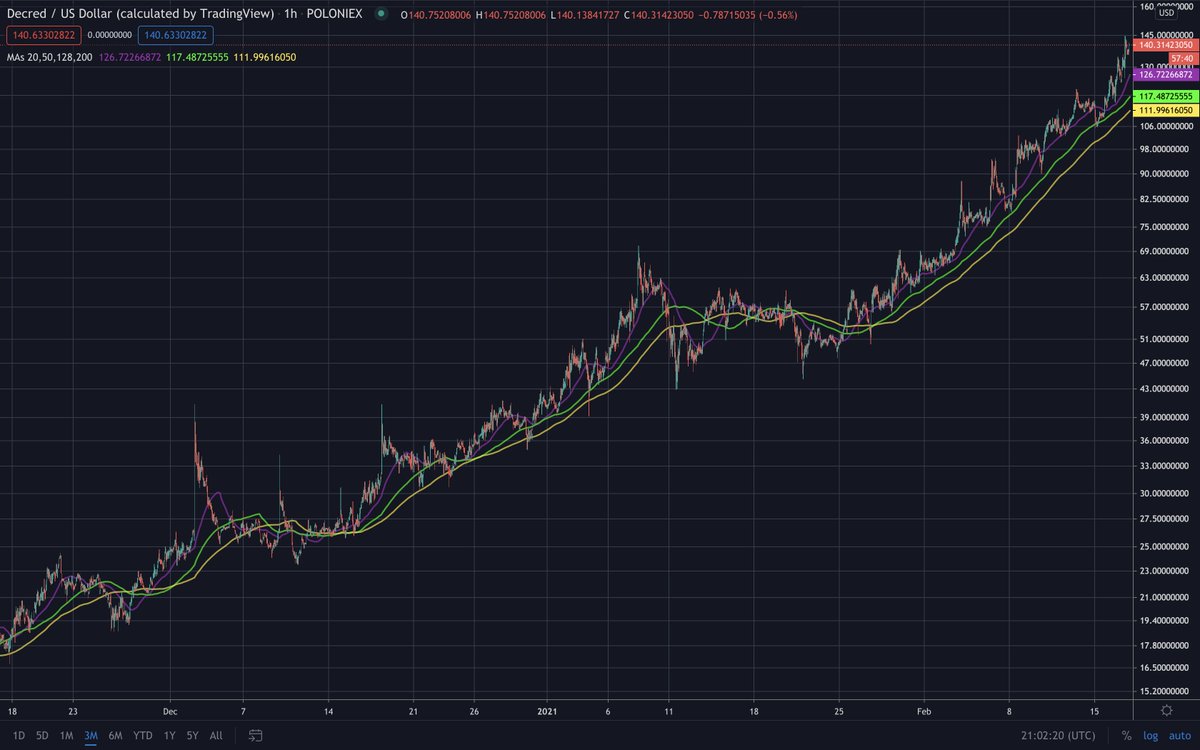
Right now it’s murmured that “decentralized governance” slows down decision-making.
What if that’s a temporary truth?
What if that’s a temporary truth?
Perhaps we haven’t standardized the right forms of “distributed governance” that accelerate group decision-making through flexible consensus rules.
Watching some of the boutique investment DAOs — which can out execute traditional investment firms due to lightweight gov structures 👀 — this distributed & accelerated decision-making is already possible in some contexts.
Credit to @OrcaProtocol for getting me thinking about this more generally.
With Orca, one can parametrize a “pod” such that there’s a min quorum, time limit for voting, time limit for challenging, and then decisions go through.
With Orca, one can parametrize a “pod” such that there’s a min quorum, time limit for voting, time limit for challenging, and then decisions go through.
If someone doesn’t vote according to the pod’s constitution, they can be challenged & ejected.
Assume good behavior to expedite things, then punish bad behavior as necessary.
Assume good behavior to expedite things, then punish bad behavior as necessary.
This isn’t too far from the philosophical diff between PoW and PoS.
PoW assumes everyone’s a bad actor and punishes them constantly by making them burn electricity.
PoS assumes everyone’s a good actor and only punishes them if they violate consensus rules (more efficient).
PoW assumes everyone’s a bad actor and punishes them constantly by making them burn electricity.
PoS assumes everyone’s a good actor and only punishes them if they violate consensus rules (more efficient).
In most cases, the mere threat of the stick is enough to get people to behave in line with a group’s principles.
Theoretically, a pod could have a 1 of N voting structure where only 1 member needs to vote for a decision to go through.
While likely only suitable for lower stakes or emergency scenarios, any voter knows they’re held accountable & so will vote according to the pod’s principles
While likely only suitable for lower stakes or emergency scenarios, any voter knows they’re held accountable & so will vote according to the pod’s principles
Not every decision is the same, and thus different types of decisions will deserve different consensus rules.
By distributing the decision-making load, groups can more efficiently and sustainably make decisions.
Right now most forms of decentralized governance in crypto are like mainframes— rigid & heavy monoliths.
In the future, it’s likely DAO governance becomes more like Docker containers — with coordination-legos allowing groups to use a variety of consensus rules according to the type of decision being made, — stitching together complex decision trees & organizations.
• • •
Missing some Tweet in this thread? You can try to
force a refresh



